German

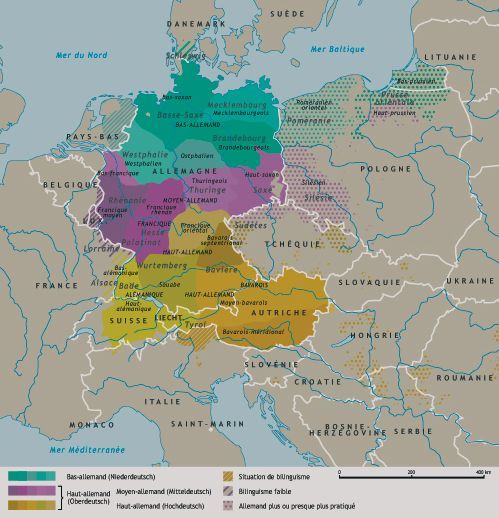

What is German? Where is it spoken? Why learn German at Carolina?
Like English, German is a West Germanic language spoken by roughly 95 million native speakers. Another 85 million people on planet earth speak German as second language. It is the most spoken native language in the European Union. German is the official language of Austria, Germany, Switzerland, Liechtenstein and South Tyrol in northern Italy. It is also a co-official language in Luxembourg and Belgium. It is also a national language in Namibia.
German is a world language with a tremendous use value in countless careers. German has long been an influential language in the academic disciplines like chemistry, music history, philosophy, theology and technology. It is the second most commonly used scientific language in the world. German is also a business language; the German economy is the largest in the European Union and the fourth largest in the world. One-tenth of all books published in the world are in German. Accordingly, German-speaking countries together rank fifth in quantity of books published annually.
German has the reputation of being a difficult language to learn. It’s even maligned as an ugly language. These rumors couldn’t be farther from the truth. German has remarkable similarities to English and its poetry has long served as the basis for some of the most beautiful music ever composed. Carolina’s German Program offers students an intimate, personalized and caring environment to excel quickly as a new speaker of German. Its courses are far-reaching and interdisciplinary and its faculty is world-renowned for their wide-ranging expertise.

What German courses does GSLL offer? When are they offered?
The German Program offers courses in German and English. It offers six sequentially ordered semesters of German language instruction, from Beginning German (GERM 101) to advanced stylistics (GERM 302). After this language sequence, students can enroll in the German Program’s two-semester Business German sequence (GERM 304, 305), a seminar on the history of German literature and culture (GERM 303) or a capstone course (GERM 310-390). English-language courses with German-related content include a wide variety of First Year Seminars; small seminars on literature, film and philosophy; popular large lecture courses and Triple Is.
What study abroad opportunities exist for students studying German?
Carolina offers a total of 19 different study abroad opportunities in German-speaking Europe suitable for all kinds of students. Fall, spring and summer opportunities in quaint medieval towns (Tübingen) or bustling metropoles (Berlin) can accommodate students already in the summer after their first year (FUBiS) or seniors in their last semester of college. Programs for new learners of German, advanced speakers and even students who only speak English are available. Carolina also offers exchange programs in German-speaking Europe especially suited for students in the social and natural sciences. In addition to studying abroad, the German Program offers two internship opportunities, one with the German-American Exchange and another with the FUBiS summer exchange in Berlin. Students who study abroad or intern in German-speaking Europe are eligible for a Chappel Family Study Abroad Scholarship, which can significantly defray housing and travel costs.
German Faculty Contact Information
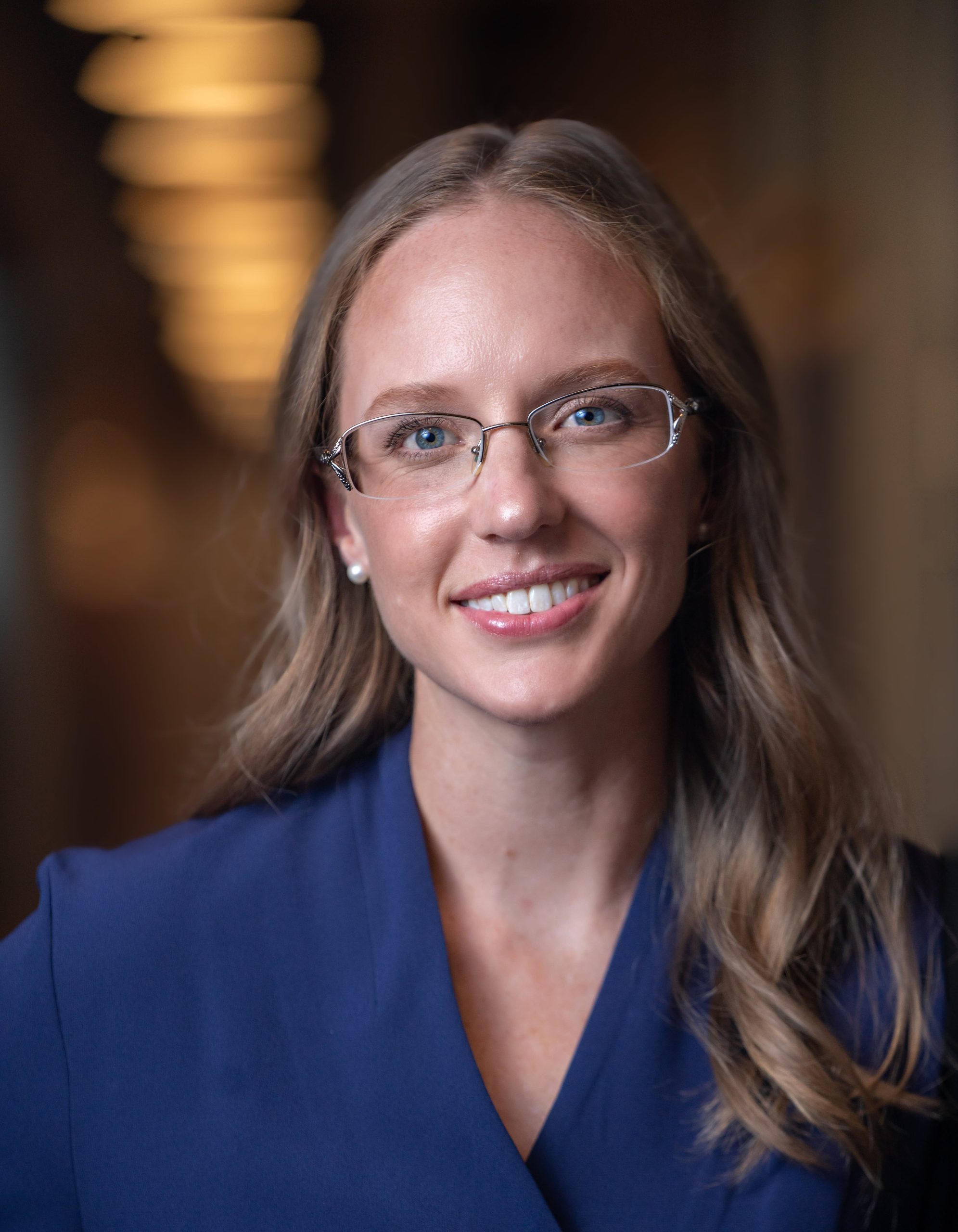 Jocelyn Aksin (jmaksin@unc.edu)
Jocelyn Aksin (jmaksin@unc.edu)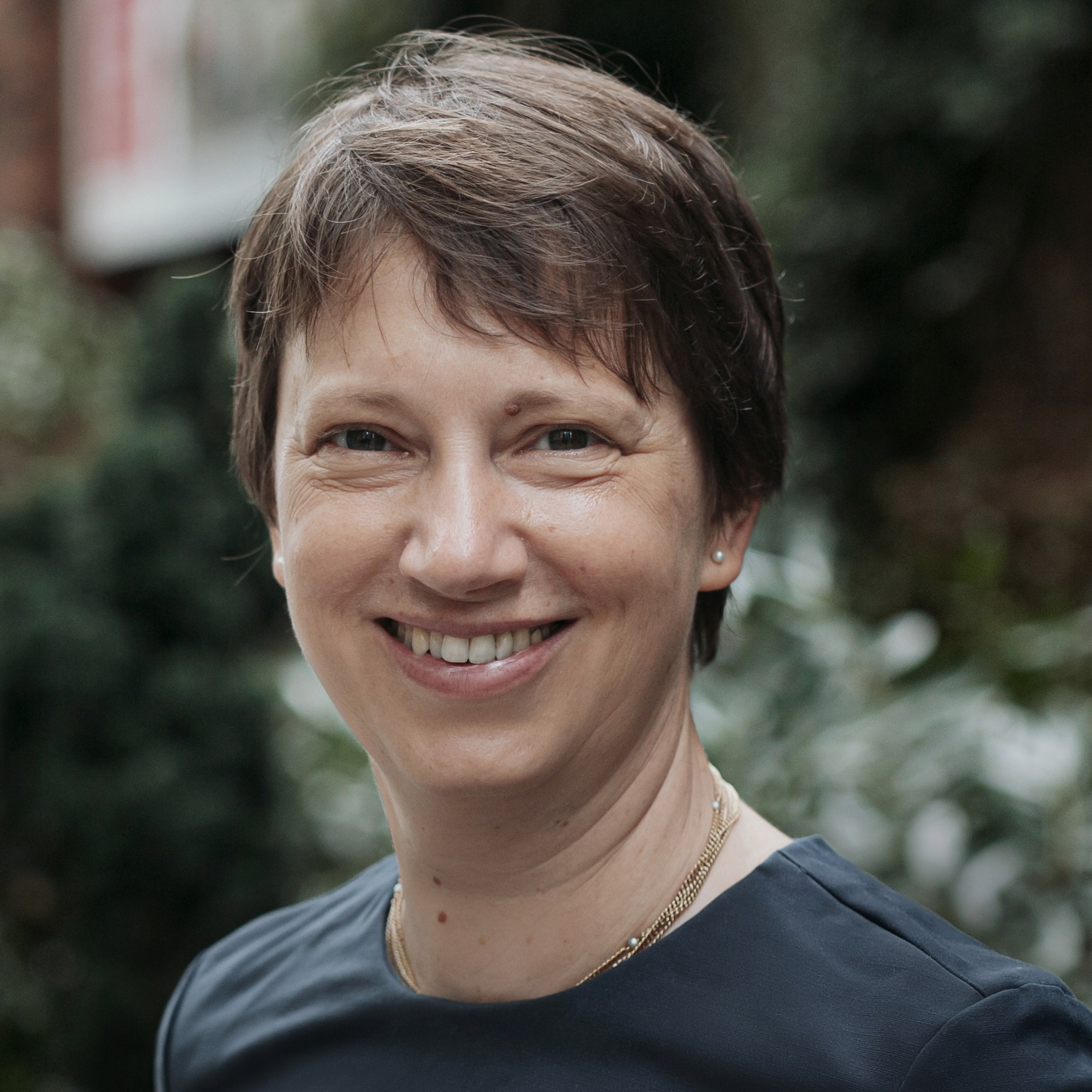 Ruth von Bernuth (rvb@email.unc.edu)
Ruth von Bernuth (rvb@email.unc.edu) Eric Downing (edowning@email.unc.edu)
Eric Downing (edowning@email.unc.edu) Richard Langston (relangst@email.unc.edu)
Richard Langston (relangst@email.unc.edu) Priscilla Layne (playne@email.unc.edu)
Priscilla Layne (playne@email.unc.edu)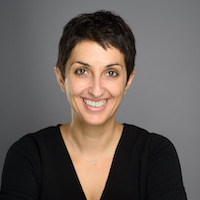 Adi Nester (adines@email.unc.edu)
Adi Nester (adines@email.unc.edu) David Pike (dpike@email.unc.edu)
David Pike (dpike@email.unc.edu) Inga Pollmann (ipoll@email.unc.edu)
Inga Pollmann (ipoll@email.unc.edu) Aleksandra Prica (aprica@email.unc.edu)
Aleksandra Prica (aprica@email.unc.edu) Paul Roberge (ptr@email.unc.edu)
Paul Roberge (ptr@email.unc.edu)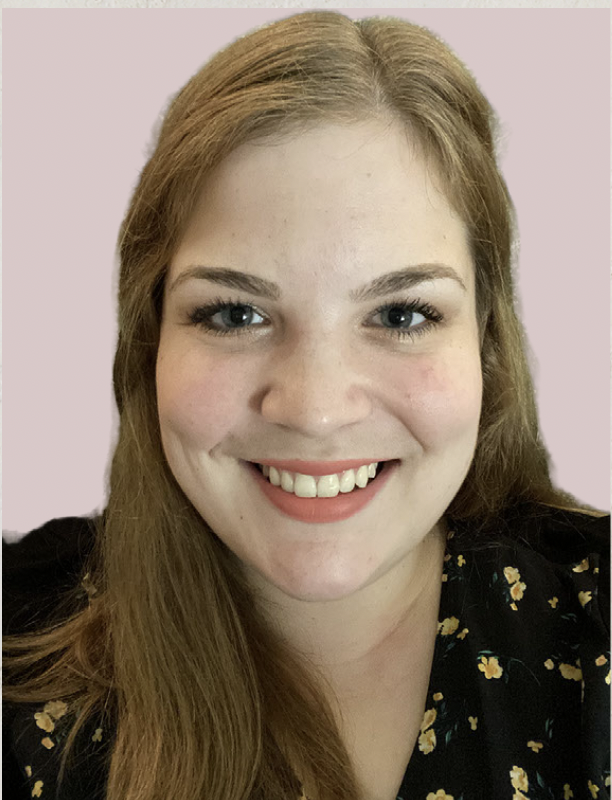 Sophia Strietholt (striet@unc.edu)
Sophia Strietholt (striet@unc.edu) Gabriel Trop (gtrop@email.unc.edu)
Gabriel Trop (gtrop@email.unc.edu)

